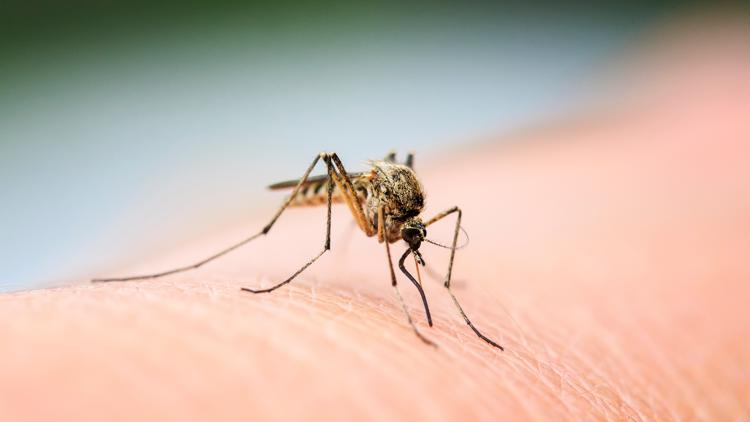Faced with budget shortfall, Des Moines discontinuing mosquito control services
The City of Des Moines will no longer offer some of its mosquito control services.
The city is discontinuing efforts to spray neighborhoods to reduce the number of mosquitoes. It won’t be trapping and counting mosquitoes anymore either.
Those services have been performed for the past two decades, most recently by Clarke Mosquito Control Company.
The city said it is discontinuing the services due to budget constraints, with the move expected to save $375,000.
Neighborhood Services Department Director for the City of Des Moines, Chris Johansen, said, “We understand the concerns. I mean, going from the program we used to have to what it is today is a change, but with the budget we were faced with this year as a city, it was a reduction that was made.”
RELATED:
‘It’s mind boggling’: Des Moines residents speak out after city cuts Office of Sustainability jobs
Mosquitoes are known to transmit West Nile virus, especially in late July and August. Last year alone, 21 people in Iowa tested positive for the virus.
Iowa State Entomology professor Ryan Smith said the specific types of mosquitoes that transmit the virus typically prefer dawn and dusk.
“I’m probably not going to go out in the evening time when these mosquitoes are going to be the most active,” he said. “If I am, I’m definitely going to have some kind of a repellent to hopefully prevent some of those mosquito bites, maybe even wearing appropriate clothing, just to prevent access to … my arms or legs where they might potentially bite me.”
Besides worries about the virus, annoyance due to a potentially larger mosquito population was also highlighted by the Smith.
“They’re they’re going to annoy your, your picnic. They’re going to annoy you know, your your backyard festivities, or whatever that may be,” he added.
Although scaling back, Des Moines is keeping a service that drops pellets from the air into large bodies of water to target mosquito eggs. That measure was performed on May 13.
RELATED:
Central Iowans asked to voluntarily reduce lawn watering by 25%






